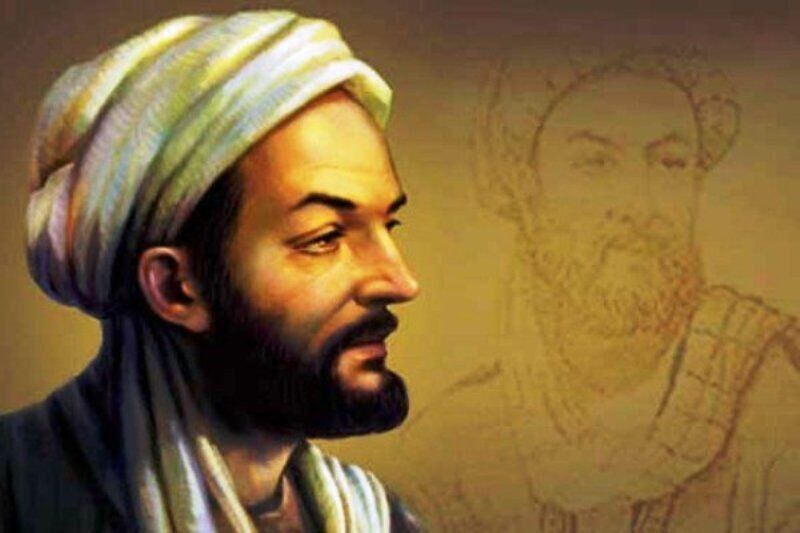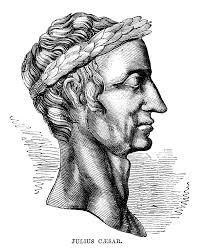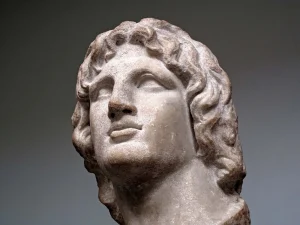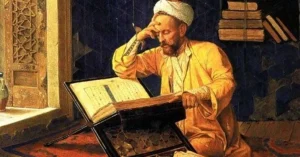
Political Challenges and Wanderings
Struggles and Political Unrest
As a young man, Avicenna’s life was filled with political turmoil. Bukhara, his birthplace, was a thriving center of culture and learning at the time, but it soon fell into political instability. The Samanid dynasty was overthrown, and this forced Avicenna to flee to various regions in Persia, including Gorgan, Rey, and Isfahan. He found patronage from various rulers during his travels, and his contributions to medicine and philosophy earned him a reputation as a leading intellectual of his time
Service to Rulers
During his time in Isfahan, Avicenna gained favor with the Seljuk rulers, who sought his expertise in both philosophical and medical matters. He served as a vizier to several courts, but his relationship with political authorities was often turbulent, leading to periods of imprisonment and exile. Despite these challenges, he continued his work and wrote prolifically throughout his life.
Achievements and Contributions
Medical Achievements
1. “The Canon of Medicine” – Avicenna’s most famous medical work, which became a standard textbook for centuries in both the Islamic world and Europe.
2. Theory of Diseases – He recognized that diseases could be caused by external factors (such as bacteria) and internal imbalances, a concept ahead of its time.
3. Pharmacology – Avicenna contributed to the development of pharmacology, compiling a vast number of medicinal drugs and their effects.
Philosophical Achievements
4. Metaphysical System – Avicenna’s development of metaphysical ideas on existence and essence became fundamental in Islamic philosophy and later European philosophy.
5. Epistemology – His ideas on knowledge, logic, and rationality influenced both Islamic and Western philosophical thought.
6. Theories of the Soul – Avicenna’s theories on the nature of the soul were central to the discussions on human consciousness, ethics, and psychology.
Influence on European Thought
Avicenna’s works made their way into the Western world through translations into Latin. His philosophical and medical texts became the cornerstone of intellectual life during the Middle Ages. Philosophers such as Thomas Aquinas and other Scholastics relied heavily on Avicenna’s works to reconcile Aristotelian philosophy with Christian theolog








